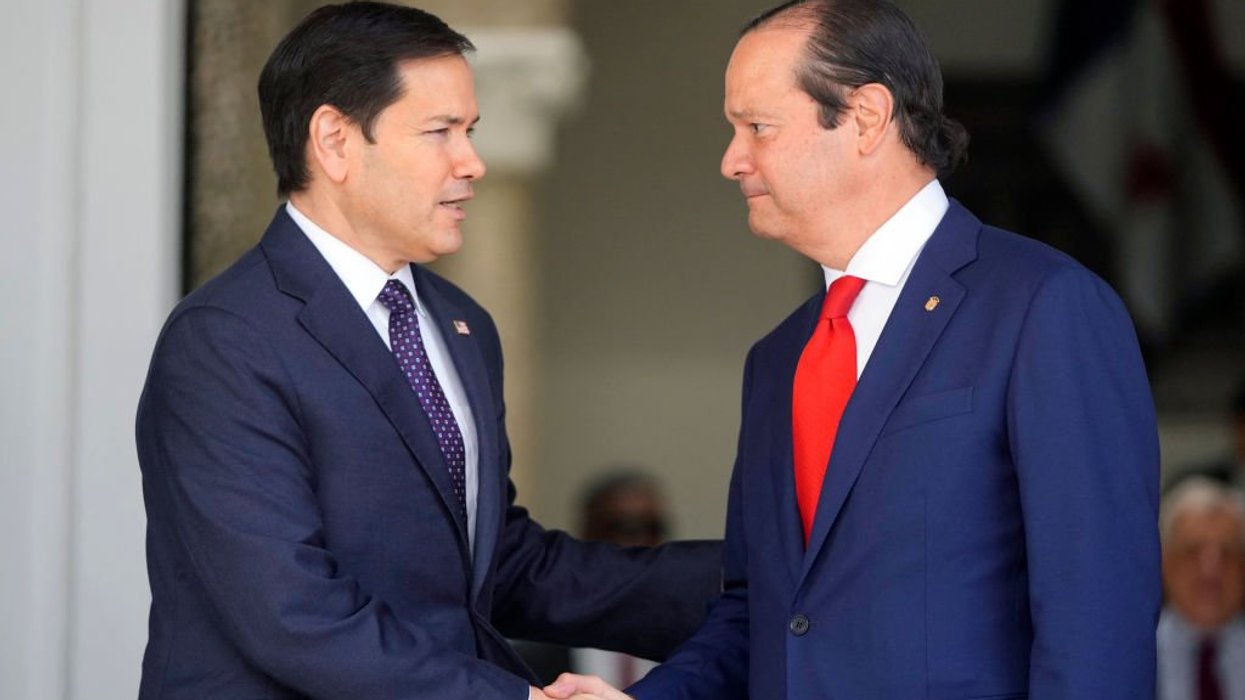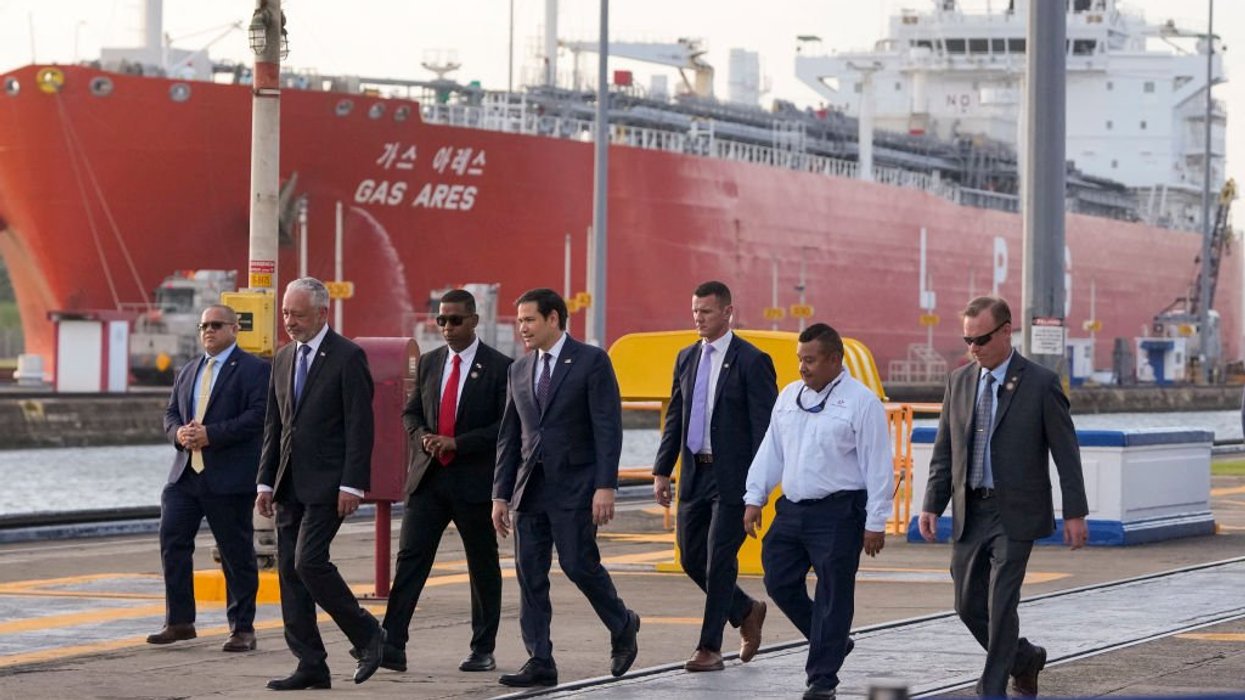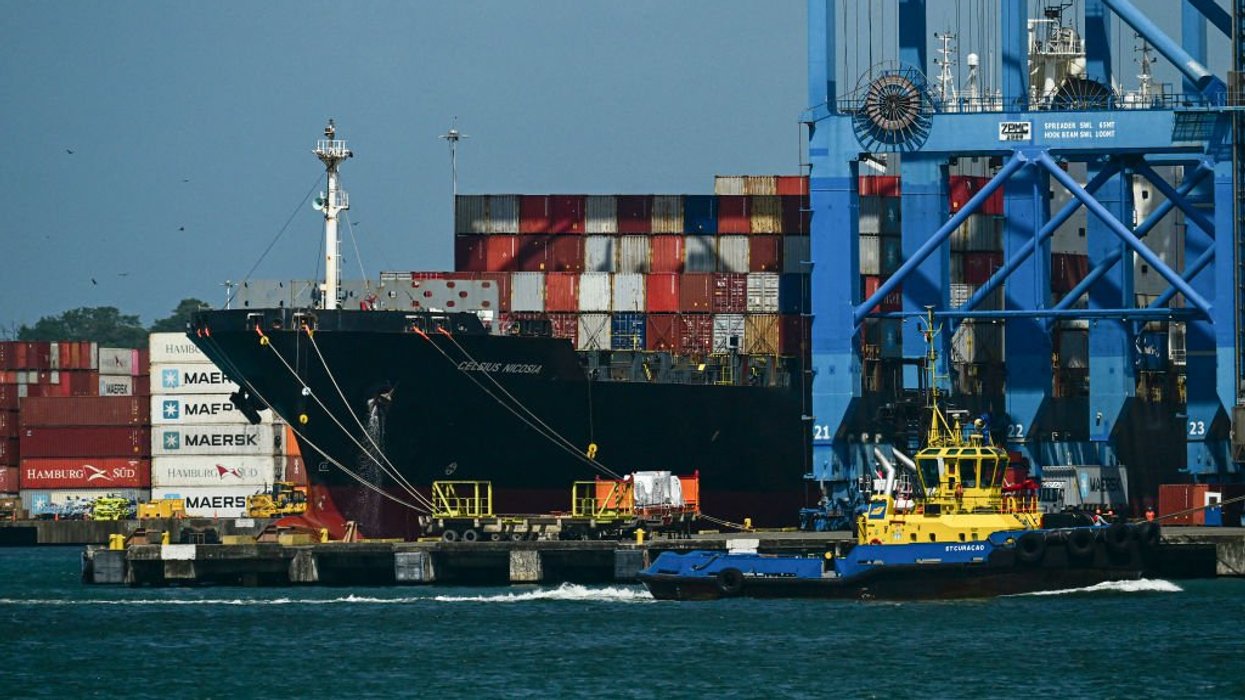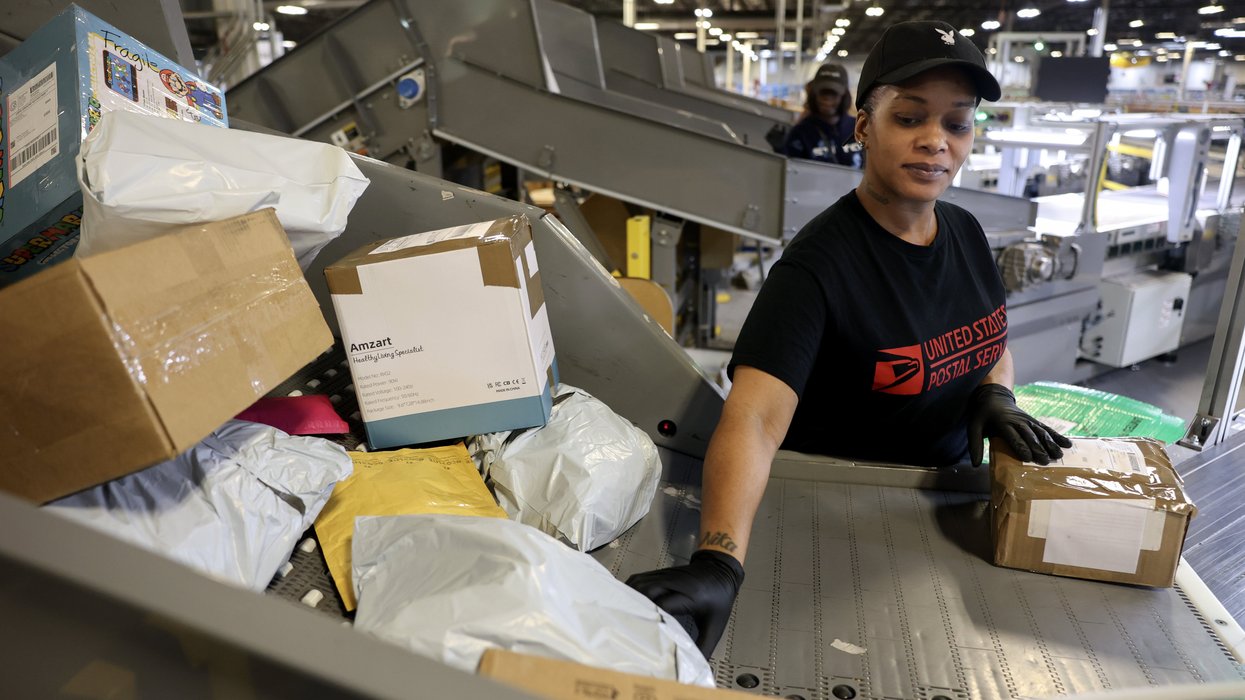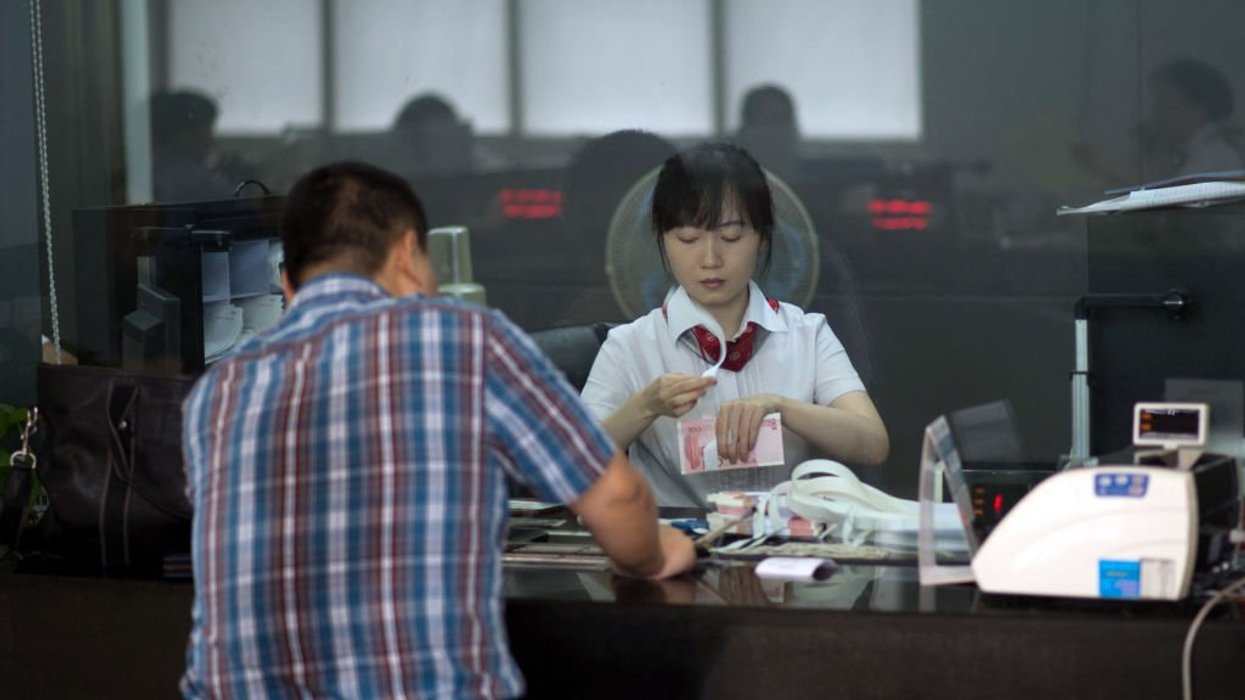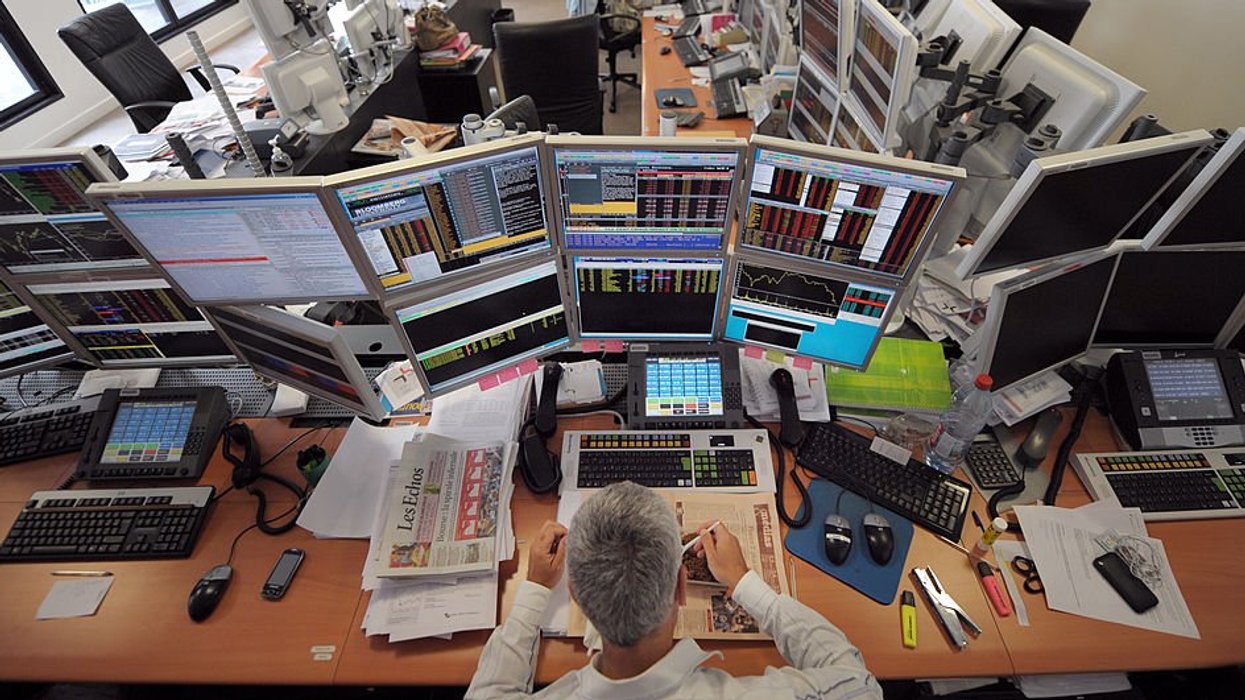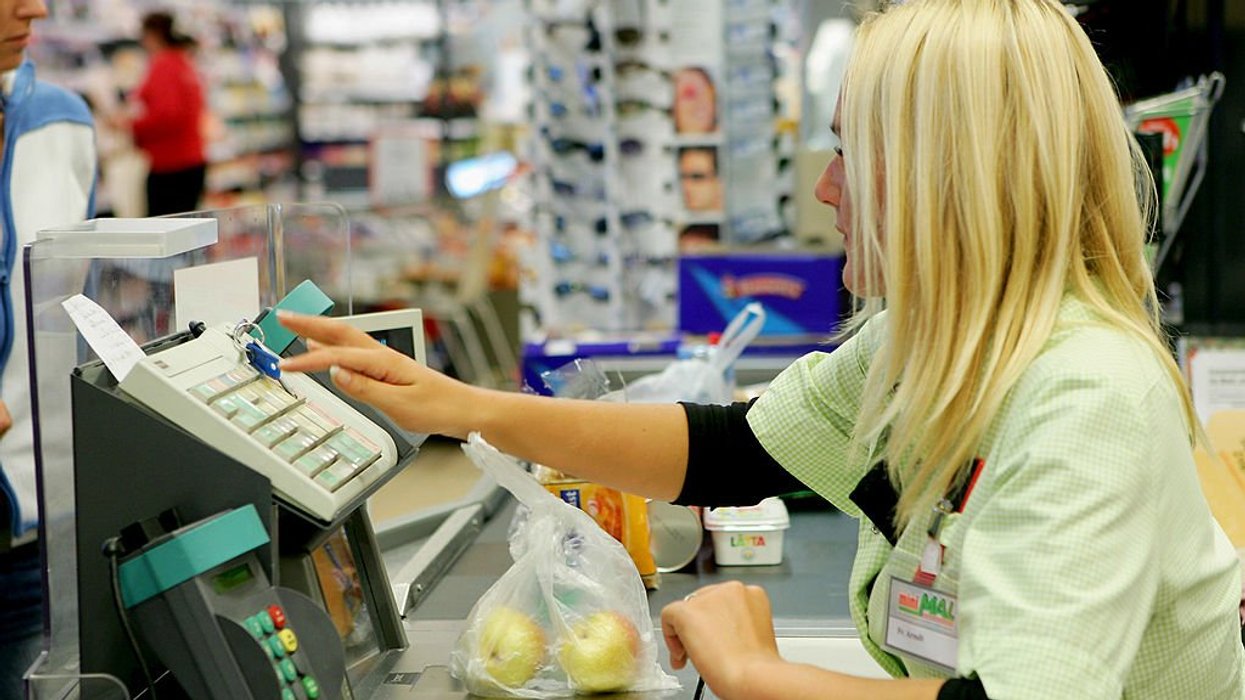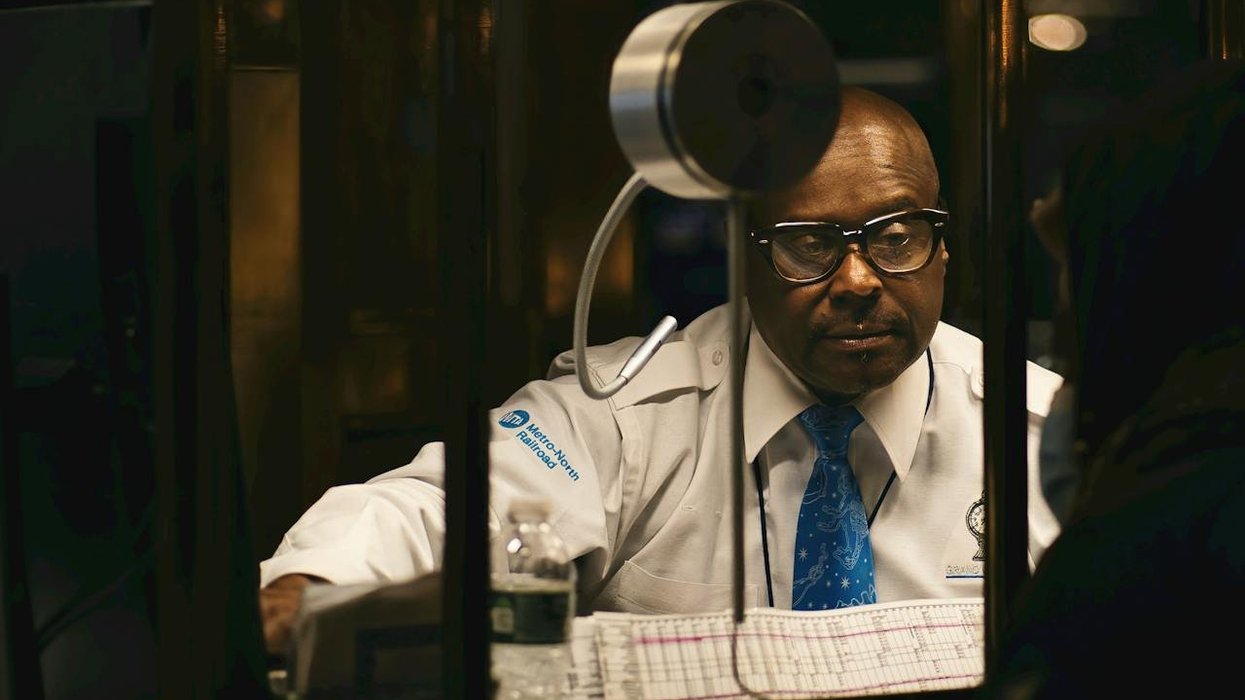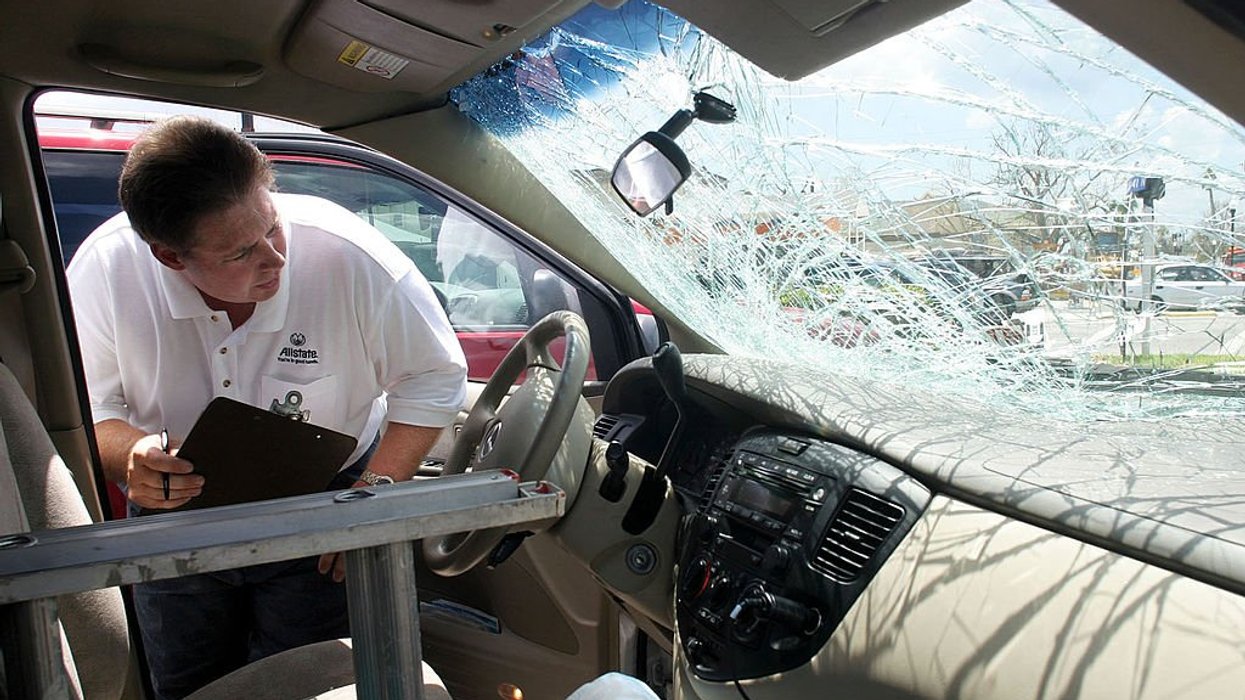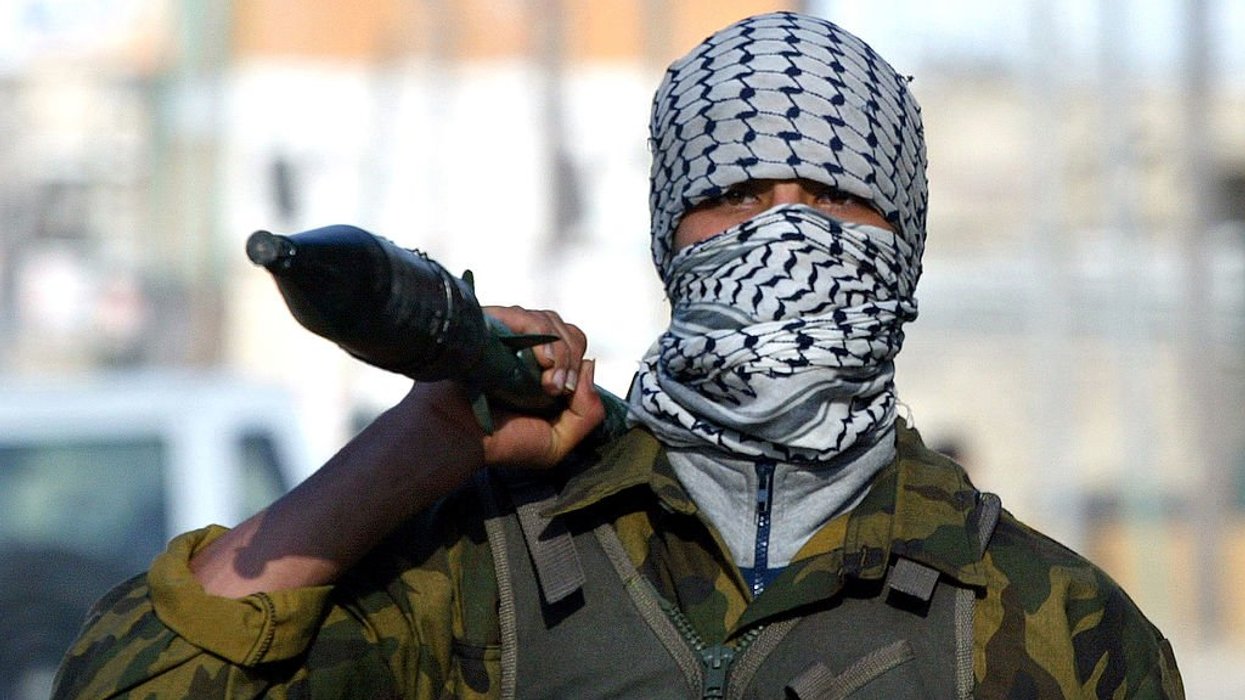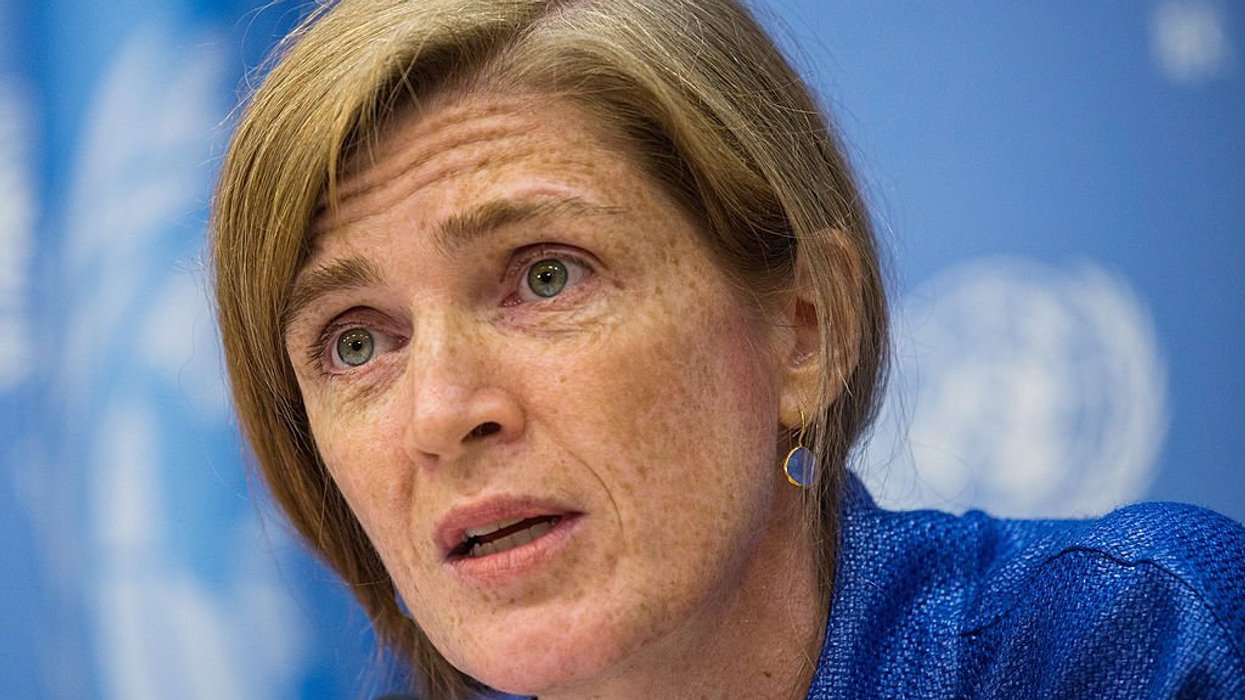June 5th was the 12th anniversary of the death of Ronald Reagan. When the former president died in 2004, thousands upon thousands of Americans stood in line to pay their respects in the rotunda of the Capital Building — including Glenn Beck. Ronald Reagan had a huge impact on Americans and the United States. People still talk about our 40th president — the man, the president, the legend. In this series, we explore Reagan’s early years, his conversion from Democrat to Republican, the path to his election, and how his policies brought back morning in America.
Ronald Reagan Part V: One of America's Greatest Presidents
At 70 years old and 70 days into his presidency, Ronald Reagan had survived an assassination attempt by John Hinckley Jr., who was captured at the scene, tried and found not guilty by reason of insanity. Less than two weeks after the shooting, Reagan was back to work at the White House, turning the country's fortunes around.
His tax and spending cuts would spur the economy, but it took a little more time than some expected. In the meantime, the press did not cut him the slack they'd granted a more recent president during recessionary times. When asked by a reporter if any of the blame belonged to him, Reagan answered, "Yes, because for many years, I was a Democrat."
Reagan partnered with like-minded conservative, British Prime Minister Margaret Thatcher, and Pope John Paul II in opposing the spread of communism and the Soviet Union. In a 1983 speech, Reagan suggested a strategic defense initiative --- which came to be known as Star Wars defense --- to "intercept and destroy strategic ballistic missiles before they reached our own soil."
With that speech, President Ronald Reagan seemingly overturned 30 years of back and forth with the Soviet Union on offensive nuclear arsenals. No one knew it at the time, but it was a massive bluff that paid unbelievable dividends. The technology the president spoke of actually didn't exist. Yet, the Soviets panicked and began spending unprecedented amounts of money just to keep up. While Reagan increased the federal deficit by raising American defense spending to 7 percent of GDP, the Soviets went from an unreasonable 22 percent to an insane 27 percent of GDP with their military spending.
Domestically, the tone and policies of Ronald Reagan were working. Americans felt good again, patriotic again, positive about themselves and the future. Even though he would start a second term in 1985 at 74 years old, Reagan believed there was much more to do.
His age was definitely a factor during his '84 reelection campaign, a factor he used during a debate with his Democratic opponent Walter Mondale.
MODERATOR: You already are the oldest president in history, and some of your staff say you were tired during your most recent encounter with Mr. Mondale. I recall yet that President Kennedy had to go for days on end with very little sleep during the Cuba Missile Crisis. Is there any doubt in your mind that you would be able to function in such circumstances?
RONALD: Not at all, Mr. Truett. And I want you to know that also, I will not make age an issue of this campaign. I am not going to exploit for political purposes my opponent's youth and inexperience.
As he had done with Carter during the first presidential campaign, Reagan completely diffused something that was perceived to be a negative. With one single nicely delivered line, he had blown an actual concern of the American people out of the water.
He joked about it, often.
RONALD: One of my favorite quotations about age comes from Thomas Jefferson. He said that we should never judge a president by his age, only by his work. And ever since he told me that, I've stopped worrying.
Reagan won the reelection in one of the biggest landslides of all the time, winning 49 out of 50 states. Mondale only won his home state. The electoral count was 525 to 13. It's almost unimaginable now to think that a Republican won California, Massachusetts, New York and other liberal states --- but Ronald Reagan did.
His second term, while successful, was marked by significant hurdles and disasters --- the space shuttle Challenger explosion that took the lives of seven NASA astronauts on live national television, the Iran-Contra scandal and what he reportedly said was the biggest mistake of his presidency --- granting amnesty to the 2 million illegal aliens in 1986.
During his administration, the nation added over 16 million jobs. He cut the tax rate across-the-board, including the top rate from a ridiculous 70 percent income tax to 28. His policies lowered the inflation rate from 13.5 percent in 1980, to 1.9 in 1986. Real GDP growth under Reagan averaged 3.5 percent, and it was nearly 5 percent following the recession.
In Berlin on June 12th, 1987, President Ronald Wilson Reagan made a demand during a speech. When he went to the Brandenburg Gate at the Berlin wall, his advisers and speechwriters told him relentlessly that he couldn't possibly say what he wanted to say. They took a line out of his speech. He put it back in. They took it back out on the way to Berlin. He put it back in. And ultimately, Reagan said the five words that changed the world: Mr. Gorbachev, tear down this wall.
At the time, it was unthinkable that the Berlin wall could come down anytime soon. But thanks in large part to his heroic efforts rebuilding the United States military, opposing communism at every turn, remaining steadfast, not to mention his Star Wars defensive system --- which never existed and sent the Soviets into a spending frenzy they couldn't sustain --- the wall began coming down on November 9th, 1989, just over two years after the speech. The Soviet Union, the evil empire, collapsed.
Today, even Democrats generally speak of Ronald Reagan fondly. They hated his trickle-down economics, Reaganomics as they called it at the time. But they are forced to admit that his policies led to an amazing prosperity.
Even as he left office, in January 1989, a Gallup poll showed a 64 percent approval rating for the departing president, the highest ever recorded for a president leaving office.

